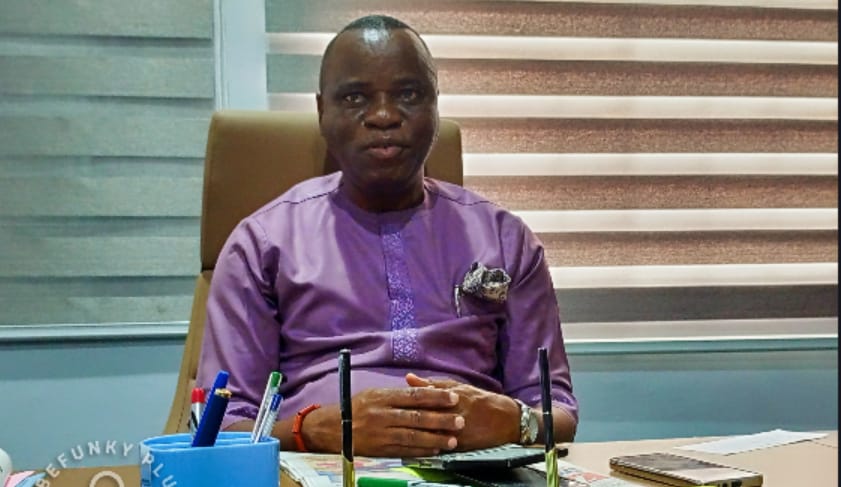The Delta State Fuel Subsidy Palliatives Committee vice chairman, Olorogun Barrister Jaro Egbo, explained the method used to allocate the palliatives received from the federal government to help cushion the effects of fuel subsidy removal.
He clarified that the maize received as palliative from the federal government was not healthy for consumption at the time they were received, so the committee decided to distribute them to farmers to use as feeds.
Barr Jaro who spoke with journalists in Asaba, the state capital, stated that the distribution of the maize was done among three different groups, poultry, pig, and fish farmers Associations within the state.
He explained that the committee did not engage itself with individuals rather it dealt directly with organizations, noting that physical verification was also conducted within the three groups of farmers association to ascertain the evidence tendered by the beneficiaries before the allocation.
The vice chairman who also doubled as the Special Adviser to the State Governor on Transport, frowns at the lackadaisical attitude of some farmers who were not members of the Farmers Association, stating that such a situation makes it difficult for them to be profiled by the committee.
He advised them to try and organize themselves together, stating that the committee adopted the approach of profiling the farmers based on the Association because it is easier to get across to the majority of them and also on the issue of transporting the items to the individual location.
In his explanation, Jaro said “For the maize, what we did was to look for those farmers who are not into big farming. We have three groups, poultry, fish, and pig farmers. Some of them have over 600 farmers in one group.
As for the poultry group, there are 564 farmers and what we did is that we told them that we were going to carry out a physical verification which is what we did within the three groups of farmers. Those who were not able to come were removed and as we speak, the chicken farmers have gotten theirs and on Monday we will handle the fish and piggery.
“The only protest we have is that some people want to say they don’t belong to this association but what we did is that we make sure that we follow due process. Some of them are not registered in the association hereby making it difficult to be profiled.”
“Before the distribution, we had a meeting with the leadership of the association three times within Government House and we asked them to go and aggregate their interest among themselves and when they came back we merged them and then sent people to go verify their samples.”
“What we did is to deal with an organization, not individuals but there are some persons that don’t belong to any group. We must deal with a group and when there are different groups we now merge them. If we deal with individuals there is no way we can afford it. People were taken from every part of the state.
“When we did the allocation, tons of grain were allocated to the group and 5 per cent was allocated to non-association members, those who are not in any association as a way of accommodating everyone.
“However, I will advise them that it is easier when they organize themselves together because when something of this nature occurs, it is very difficult to transport them to individuals but it is easier for a group. These are some of the things we considered before we adopted this format to share the Palliatives. They have to organize themselves for them to get it”, he added.



